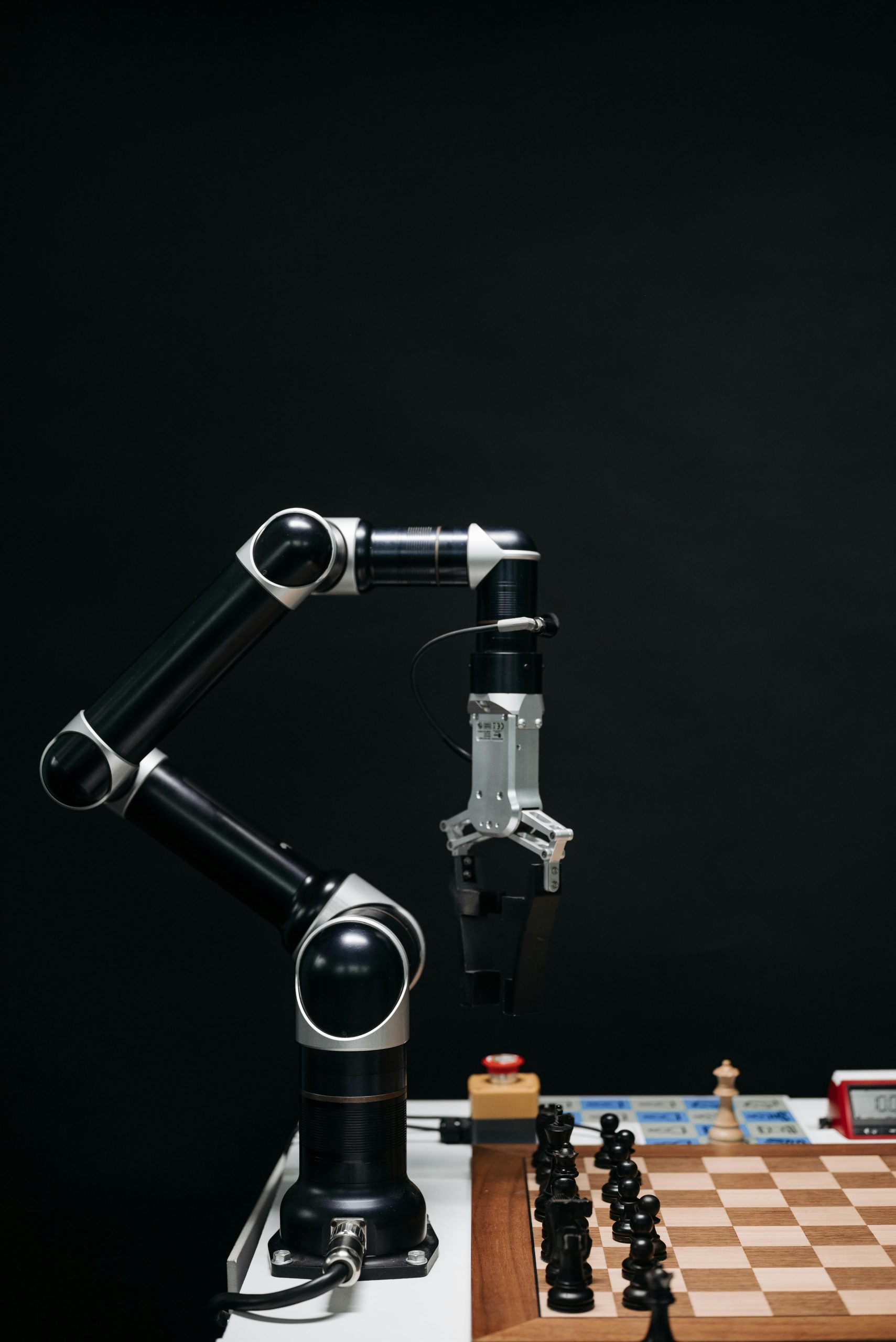Understanding Artificial Intelligence: A Transformative Force in Technology
In the evolving landscape of technology, artificial intelligence (AI) stands out as one of the most influential innovations. By enabling machines to perform tasks that typically require human intelligence, AI presents unprecedented opportunities and challenges across various industries. In this blog post, we delve into what AI is and explore its potential to revolutionize our world.
What is Artificial Intelligence?
Artificial intelligence encompasses a range of technologies designed to simulate human cognitive functions. From simple algorithms to complex neural networks, AI systems can learn from data, adapt to new inputs, and even make decisions independently. This capability allows AI to enhance processes, automate repetitive tasks, and provide insights that were previously unattainable.
The Game-Changing Potential of AI
AI’s impact extends far beyond computational efficiency. Here are some key areas where it is poised to be a game-changer:
-
Enhancing Decision-Making: By analyzing vast amounts of data quickly, AI can assist businesses in making informed decisions much faster than traditional methods. This capability is particularly valuable in fields such as finance and healthcare, where timely information can significantly affect outcomes.
-
Automating Mundane Tasks: With AI, routine tasks that are time-consuming and repetitive can be automated, freeing up valuable resources for more strategic activities. Automation leads to increased productivity and allows human talent to focus on creative and high-level problem-solving.
-
Personalizing Customer Experiences: AI technologies enable businesses to tailor their services to individual preferences and behaviors. This personalization can greatly enhance customer satisfaction and loyalty, as clients receive experiences that meet their specific needs.
-
Driving Innovation: AI is at the forefront of groundbreaking research and development efforts. From drug discovery to autonomous vehicles, the ability of AI to process and analyze data can accelerate innovation in ways we are just beginning to understand.
-
Improving Efficiency: Organizations utilizing AI can streamline operations, reduce costs, and improve overall efficiency. In manufacturing, for instance, AI can optimize supply chains and predict maintenance needs, minimizing downtime and waste.
Conclusion
The introduction of artificial intelligence into various sectors signifies a paradigm shift that will reshape how we live and work. As we continue to explore its capabilities and applications, it is essential to stay informed about its developments and implications. By embracing AI responsibly, we can harness its potential to create a more efficient and innovative future.
For further insights on artificial intelligence and its transformative potential, visit [Global Tech Council

